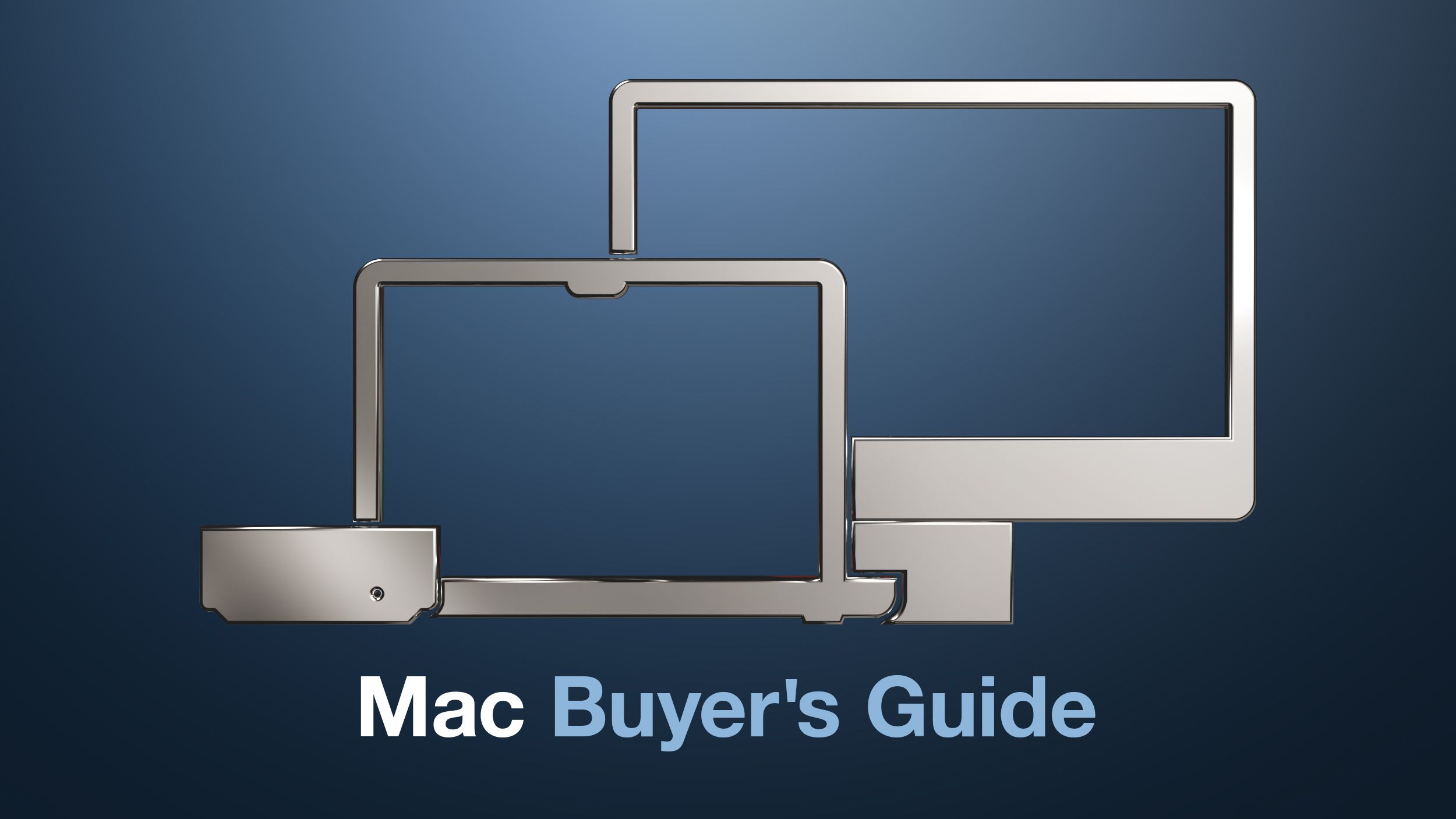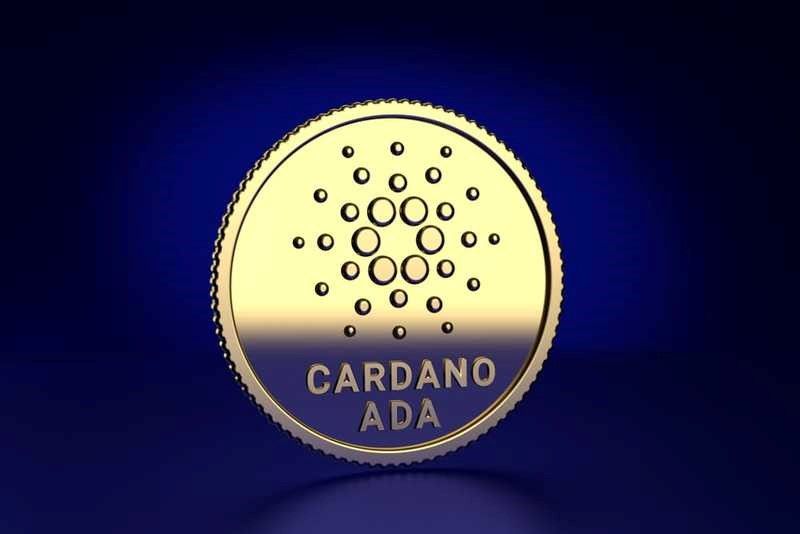4 Experts Predict “MiCA Won't Drown Competition Out—It Will Drive Innovation Further”
The European Union's Markets in Crypto-Assets (MiCA) regulation is transforming the continent's digital asset landscape, with early impacts already visible in market shifts and competitive dynamics among the industry.Are companies ready for the new regulations? We asked industry representatives and compliance experts, and the findings are rather grim. While major players will likely adapt, most smaller firms are still unprepared to operate under the new rules.MiCA: “The Next Phase of Crypto's Mainstream Adoption”MiCA represents the EU's comprehensive attempt to bring regulatory clarity to the previously fragmented crypto landscape. The framework introduces stringent requirements for crypto-asset service providers, issuers, and exchanges operating within the bloc. While compliance deadlines are staggered throughout 2025, the market is already responding to the new reality, with compliant players positioning themselves to capitalize on the regulatory certainty.“This is undoubtedly a sizable regulatory shift, and I completely recognize that many feel underprepared,” noted Fiorenzo Manganiello of LIAN Group. “That said, a robust framework that encourages institutional investors to place their faith in these assets is exactly what we need right now, and European players will reap the rewards in the long-term. This is the next phase of crypto's mainstream adoption—soon, the markets will reap the benefits.”“A Tendency for Mergers and Acquisitions”—Market Consolidation LoomsIndustry experts widely agree that MiCA compliance requirements will likely trigger significant market consolidation, particularly affecting smaller players in Eastern European countries where preparedness remains low.Przemysław Kral, CEO of zondacrypto, offered a stark assessment of the situation: “For small players, MiCA compliance requirements might mean increased market consolidation. We can expect a tendency for mergers and acquisitions. Other smaller crypto businesses, particularly those with limited resources, might be forced to quit the EU market as a result of high costs of compliance.”MiCA is officially live!

The European Union's Markets in Crypto-Assets (MiCA) regulation is transforming the continent's digital asset landscape, with early impacts already visible in market shifts and competitive dynamics among the industry.
Are companies ready for the new regulations? We asked industry representatives and compliance experts, and the findings are rather grim. While major players will likely adapt, most smaller firms are still unprepared to operate under the new rules.
MiCA: “The Next Phase of Crypto's Mainstream Adoption”
MiCA represents the EU's comprehensive attempt to bring regulatory clarity to the previously fragmented crypto landscape. The framework introduces stringent requirements for crypto-asset service providers, issuers, and exchanges operating within the bloc. While compliance deadlines are staggered throughout 2025, the market is already responding to the new reality, with compliant players positioning themselves to capitalize on the regulatory certainty.
“This is undoubtedly a sizable regulatory shift, and I completely recognize that many feel underprepared,” noted Fiorenzo Manganiello of LIAN Group. “That said, a robust framework that encourages institutional investors to place their faith in these assets is exactly what we need right now, and European players will reap the rewards in the long-term. This is the next phase of crypto's mainstream adoption—soon, the markets will reap the benefits.”
“A Tendency for Mergers and Acquisitions”—Market Consolidation Looms
Industry experts widely agree that MiCA compliance requirements will likely trigger significant market consolidation, particularly affecting smaller players in Eastern European countries where preparedness remains low.
Przemysław Kral, CEO of zondacrypto, offered a stark assessment of the situation: “For small players, MiCA compliance requirements might mean increased market consolidation. We can expect a tendency for mergers and acquisitions. Other smaller crypto businesses, particularly those with limited resources, might be forced to quit the EU market as a result of high costs of compliance.”
MiCA is officially live!














































































































































































![[The AI Show Episode 142]: ChatGPT’s New Image Generator, Studio Ghibli Craze and Backlash, Gemini 2.5, OpenAI Academy, 4o Updates, Vibe Marketing & xAI Acquires X](https://www.marketingaiinstitute.com/hubfs/ep%20142%20cover.png)
















































































































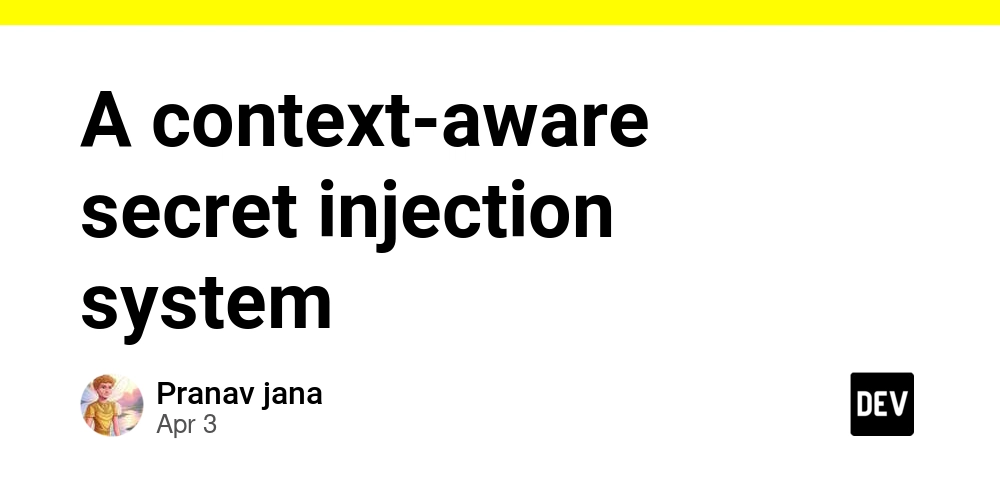
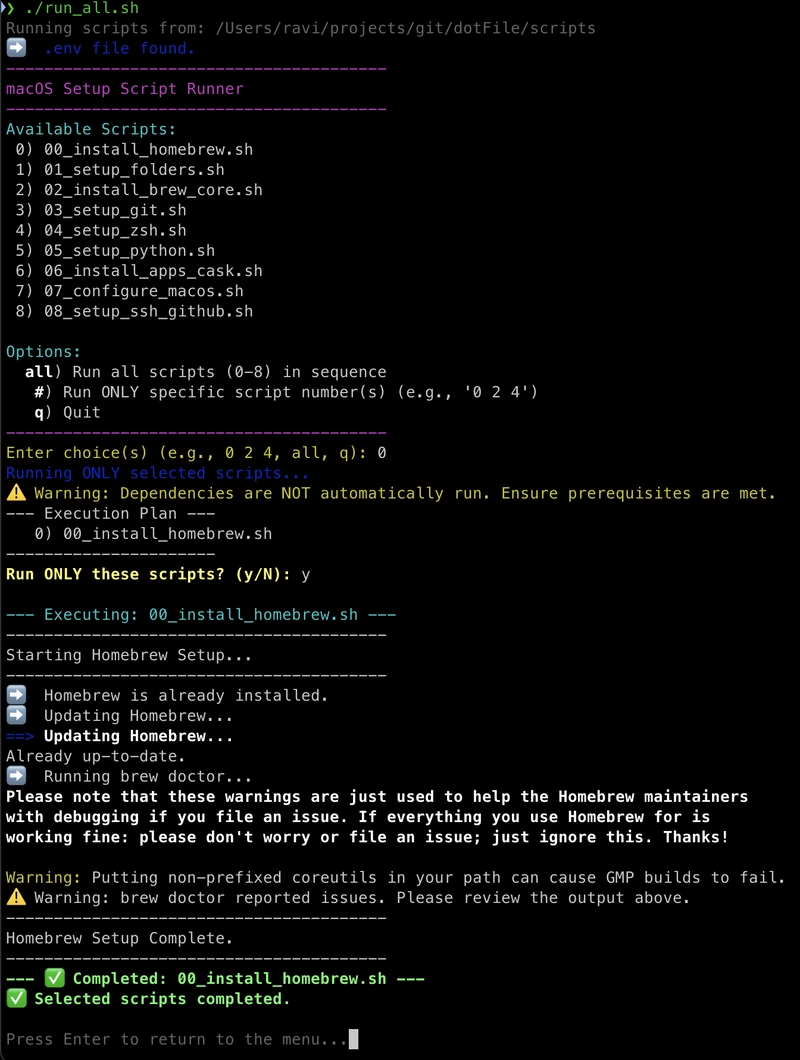
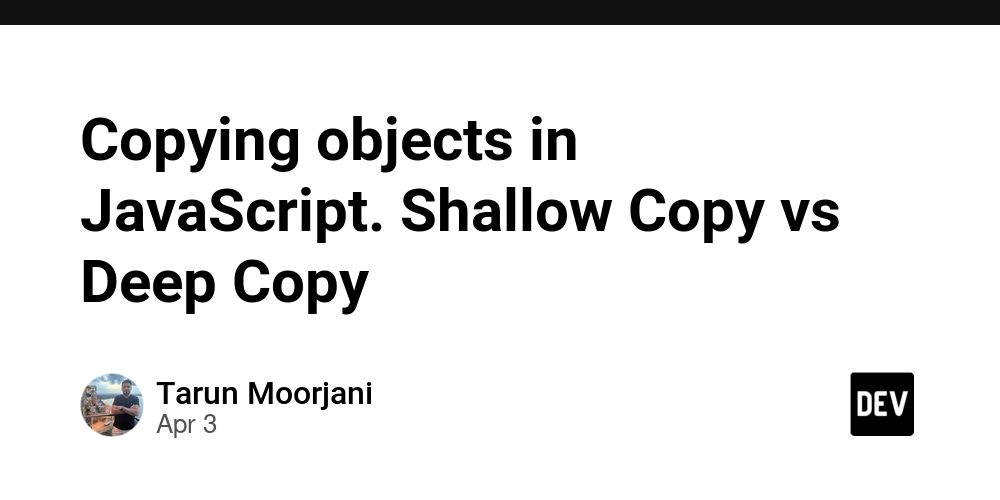












![[DEALS] Microsoft Office Professional 2021 for Windows: Lifetime License (75% off) & Other Deals Up To 98% Off – Offers End Soon!](https://www.javacodegeeks.com/wp-content/uploads/2012/12/jcg-logo.jpg)

















































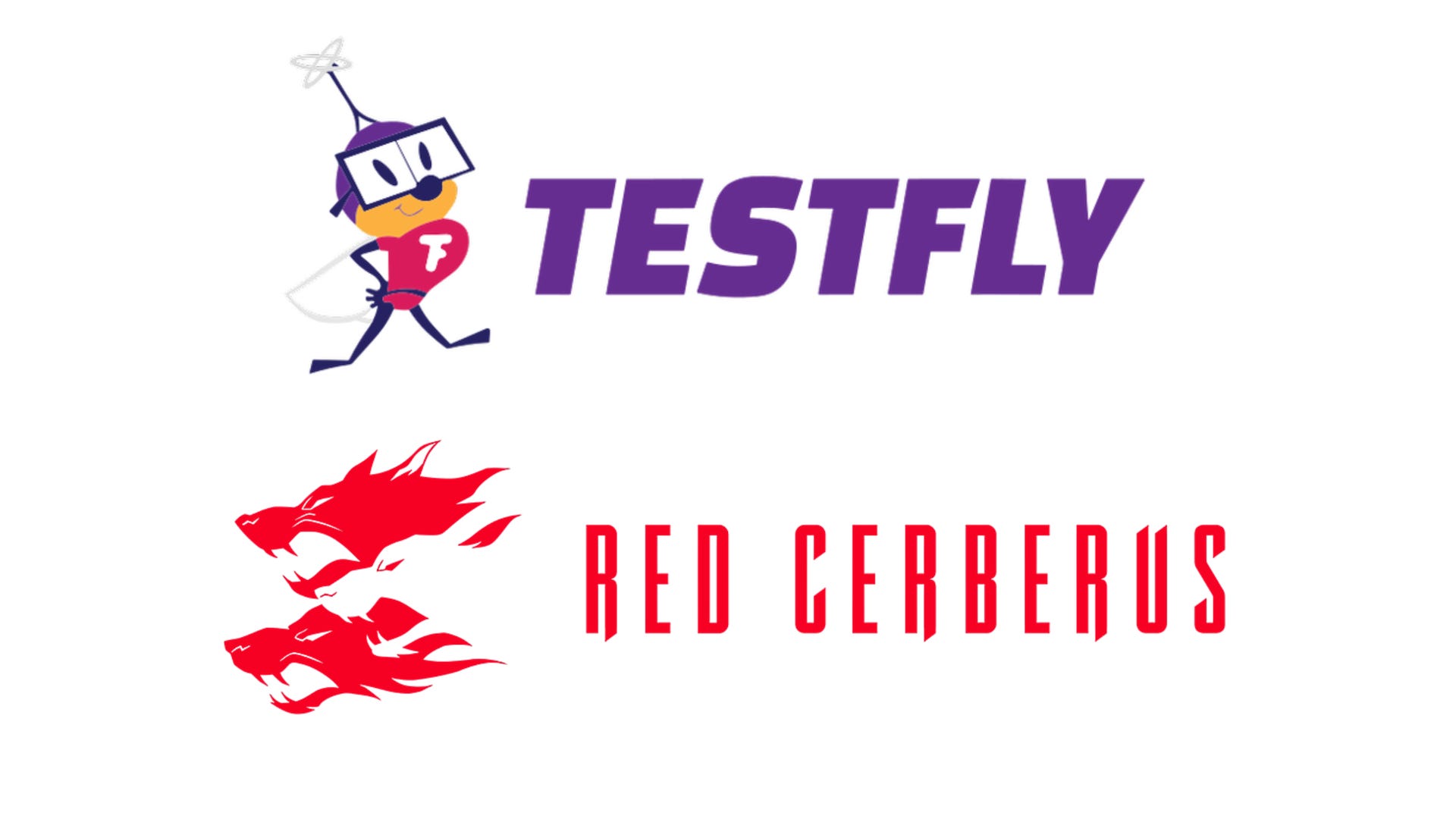



























































































_Anthony_Brown_Alamy.jpg?#)
_Hanna_Kuprevich_Alamy.jpg?#)




.png?#)





































































































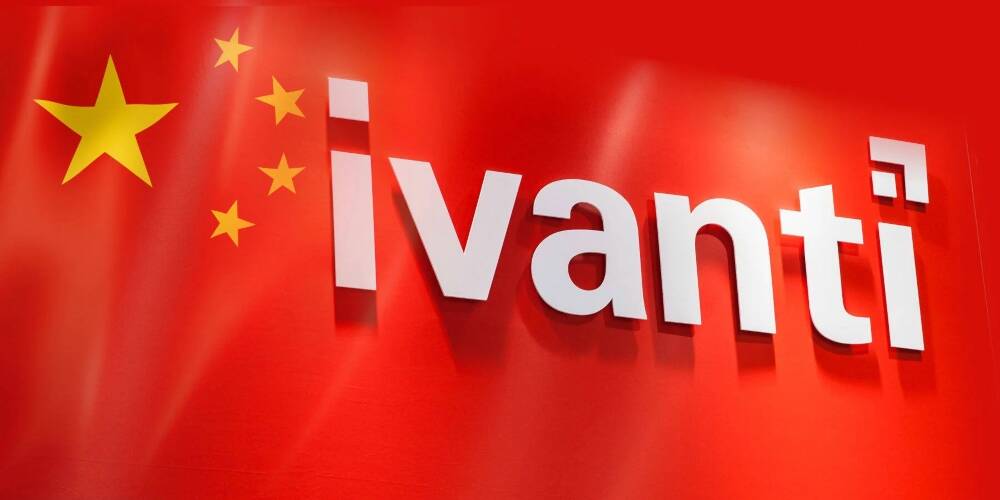



![YouTube Announces New Creation Tools for Shorts [Video]](https://www.iclarified.com/images/news/96923/96923/96923-640.jpg)

![Apple Faces New Tariffs but Has Options to Soften the Blow [Kuo]](https://www.iclarified.com/images/news/96921/96921/96921-640.jpg)





































